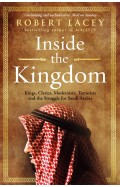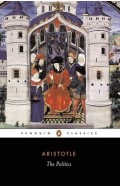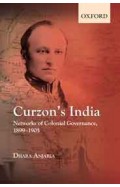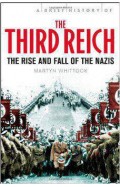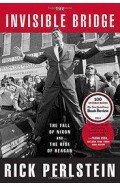Battles Half Won : Indias Improbable Democracy
By: Ashutosh Varshney
-
Rs 3,565.75
- Rs 4,195.00
- 15%
You save Rs 629.25.
Due to constant currency fluctuation, prices are subject to change with or without notice.
| Book | |
| What's in the Box? | 1 x Battles Half Won : Indias Improbable Democracy |
Battles Half Won : Indias Improbable Democracy
By: Ashutosh Varshney
Rs 3,565.75 Rs 4,195.00 Ex Tax :Rs 3,565.75
Ethnic Conflict and Civic Life: Hindus and Muslims in India
By: Ashutosh Varshney
Rs 560.00 Rs 1,400.00 Ex Tax :Rs 560.00
Ethnic conflict and civic life: Hindus and Muslims in India
By: Ashutosh Varshney
Rs 400.00 Rs 500.00 Ex Tax :Rs 400.00
Zubin Mehta: A Musical Journey (An Authorized Biography)
By: VOID - Bakhtiar K. Dadabhoy
Rs 892.50 Rs 1,050.00 Ex Tax :Rs 892.50
The Origins of Political Order From Prehuman Times to the French RevolutioN
By: Francis Fukuyama
Rs 4,045.50 Rs 4,495.00 Ex Tax :Rs 4,045.50
Battles Half Won : Indias Improbable Democracy
By: Ashutosh Varshney
Rs 3,565.75 Rs 4,195.00 Ex Tax :Rs 3,565.75
Curzon's India: Networks of Colonial Governance, 1899-1905
By: Dhara Anjaria
Rs 845.75 Rs 995.00 Ex Tax :Rs 845.75
A Brief History of The Third Reich: The Rise and Fall of the Nazis - Paperback
By: Martyn Whittock
Rs 1,695.75 Rs 1,995.00 Ex Tax :Rs 1,695.75
US Policy in Afghanistan and Iraq
By: Seyom Brown & Robert H. Scales
Rs 2,375.75 Rs 2,795.00 Ex Tax :Rs 2,375.75
The Peacemakers: India and the Quest for One World
By: Manu Bhagwan
Rs 722.50 Rs 850.00 Ex Tax :Rs 722.50
The Invisible Bridge: The Fall of Nixon and the Rise of Reagan
By: Rick Perlstein
Rs 1,827.50 Rs 2,150.00 Ex Tax :Rs 1,827.50
No similar books from this author available at the moment.
No recently viewed books available at the moment.
Zubin Mehta: A Musical Journey (An Authorized Biography)
By: VOID - Bakhtiar K. Dadabhoy
Rs 892.50 Rs 1,050.00 Ex Tax :Rs 892.50
Battles Half Won : Indias Improbable Democracy
By: Ashutosh Varshney
Rs 3,565.75 Rs 4,195.00 Ex Tax :Rs 3,565.75
Ethnic Conflict and Civic Life: Hindus and Muslims in India
By: Ashutosh Varshney
Rs 560.00 Rs 1,400.00 Ex Tax :Rs 560.00
Ethnic conflict and civic life: Hindus and Muslims in India
By: Ashutosh Varshney
Rs 400.00 Rs 500.00 Ex Tax :Rs 400.00












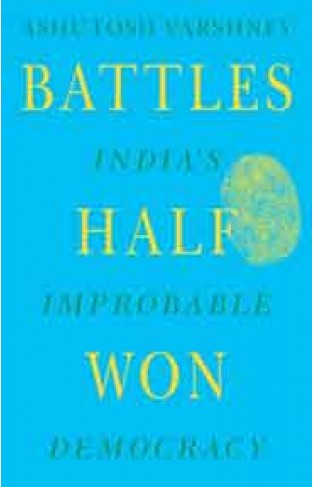
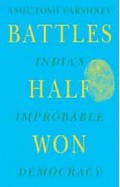
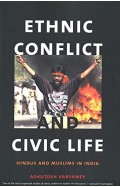
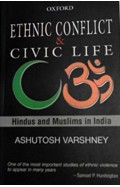
-120x187.jpg?q6)





-120x187.jpg?q6)
